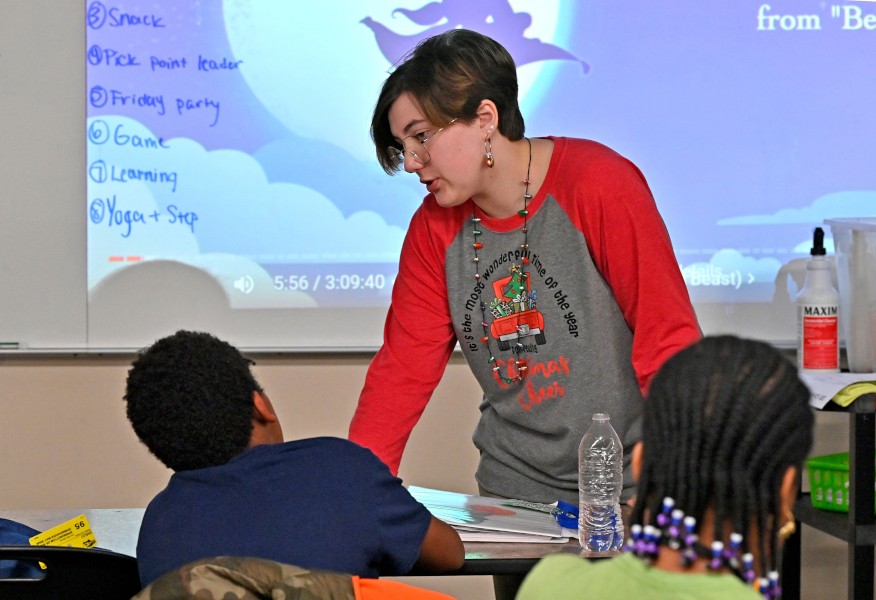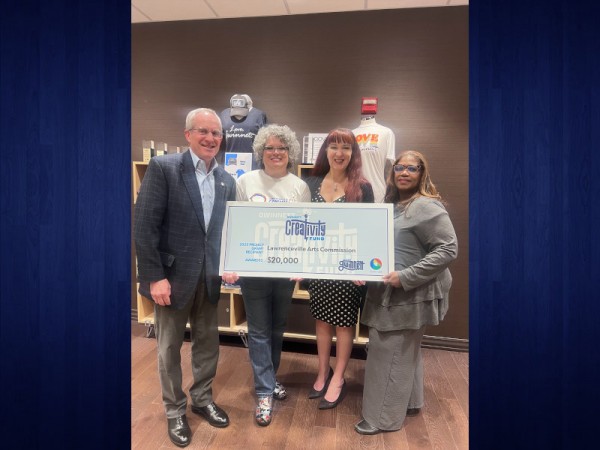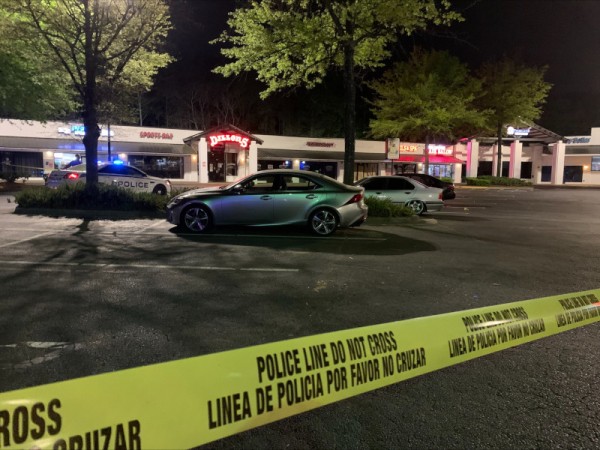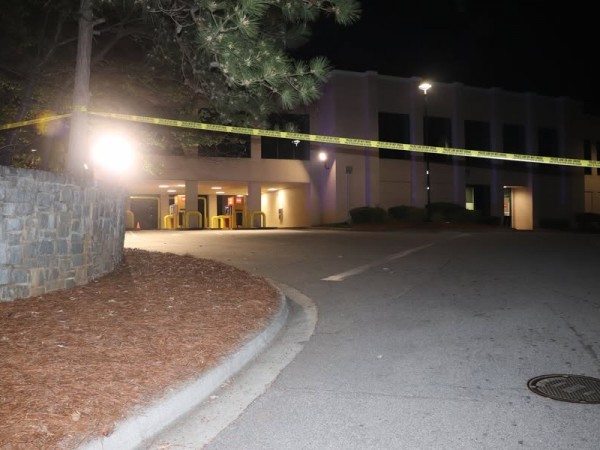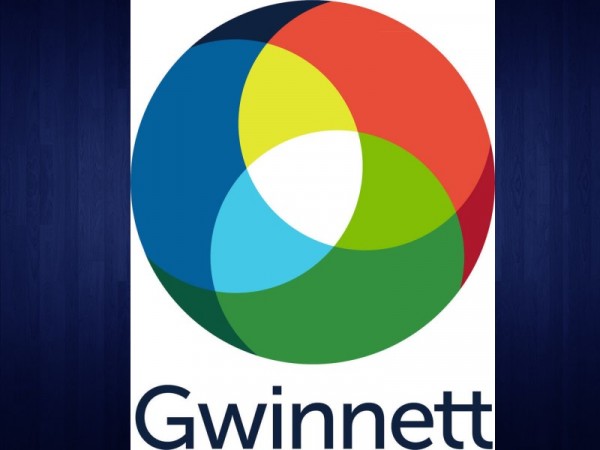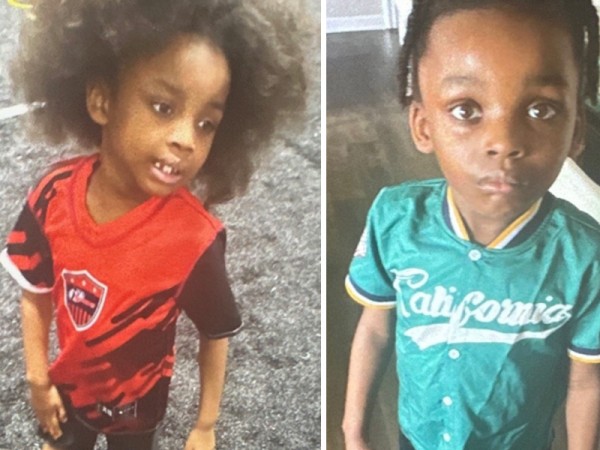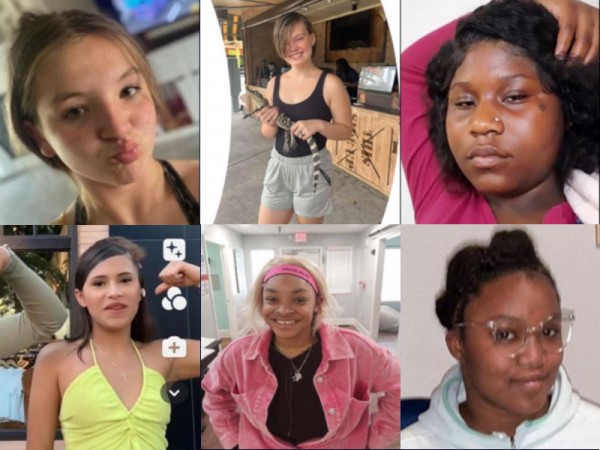Georgia Gwinnett College recently introduced an after-school program that aims to focus on historically underserved elementary school students.
The Grizzly Academy Dreamers program serves third-, fourth-, and fifth-graders from Jenkins and Lawrenceville Elementary. Funding for the initiative was provided by a $1.75 million federal grant that was spearheaded by its director, Dr. Amber Jarrard Ebert, assistant professor of science education and secondary education department chair at GGC.
The program’s goal is to create a community learning center that provides a safe and productive environment for children after school and provides resources, opportunities and services to their parents. In a press release, Ebert said that student goals are rooted in academic support as an extension of the school day and include enrichment opportunities designed to bring in arts, expression, leadership and good citizenship.
“Currently, we offer STEP classes, STEAM (science, engineering, technology and math), journalism, entrepreneurship art, self-awareness, coding, drum and social-emotional learning classes during the sessions,” Ebert said.
The program differs from others in that it also includes instruction sessions for parents for things like English as a Second Language, career assistance and budgeting.
“I would venture to say that what we are doing is unique,” Ebert said. “I do not know of another institution in the state that brings students from K-12 to a college campus consistently for a dedicated program. This took well over a year to plan and implement but trust me, it’s very much worth it when you see the kids’ and parents’ reactions.”
The press release also said the program will be used as a model for similar programs across the state.
Zaira Crawford, who graduated from GGC in 2021 with a bachelor’s degree in education and works for Grizzly Academy Dreamers as one of its certified teachers, said she’s already seen the program have a meaningful impact on students in the short time it’s been operating.
“Some of the students were very timid and nervous when they first came into the program, but now they are always asking why the time has to end so quickly,” Crawford said. “I am happy to be a part of a growing program that creates a sense of belonging, improves social skills, provides academic support and, most importantly, makes learning fun for students.”
Crawford works frequently with student assistant Mahjabeen “Afsana” Haroon, a senior at GGC majoring in elementary education. Haroon said she’s also seen students become more engaged with learning.
“In my time in the program, I have mostly worked with the third graders, and I've seen many of these students discover new outlets, interests and a sense of pride for themselves and their peers,” Haroon said. “Many of these students have improved their academic learning and want to share their knowledge with their peers so that they can improve, too.”
Parents have also expressed gratitude for the program.
Monique Smith enrolled her son, Jeremiah, a third-grader at Jenkins Elementary, in the program on the advice of one of his teachers, who recognized his eagerness to learn.
“It has really affected him in a good way,” Smith said. “I will do anything I can to let people know about this wonderful program. I’d encourage other parents to enroll their kids and watch how they grow from this.”
Grizzly Academy Dreamers currently serves 80 students. The team intends to expand its enrollment and curriculum offerings. Ebert said the program exposes students to a college atmosphere at an early age, significantly improving the probability that they will seek higher education later in life.
She also said the program would not be possible without collaboration with Gwinnett County Public Schools (GCPS) which provides bus transportation, school resource officers and snacks for the students.
In addition, Ebert credits GGC faculty, staff and administrators who help to support the program.
“I have a long history with this grant and have worked with many school districts and non-local education agencies in a variety of capacities over the last 15 years,” said Ebert. “I’ve seen first-hand the positive impact these programs can make on families and communities, so I am very thankful for the tremendous support we’ve experienced.”


